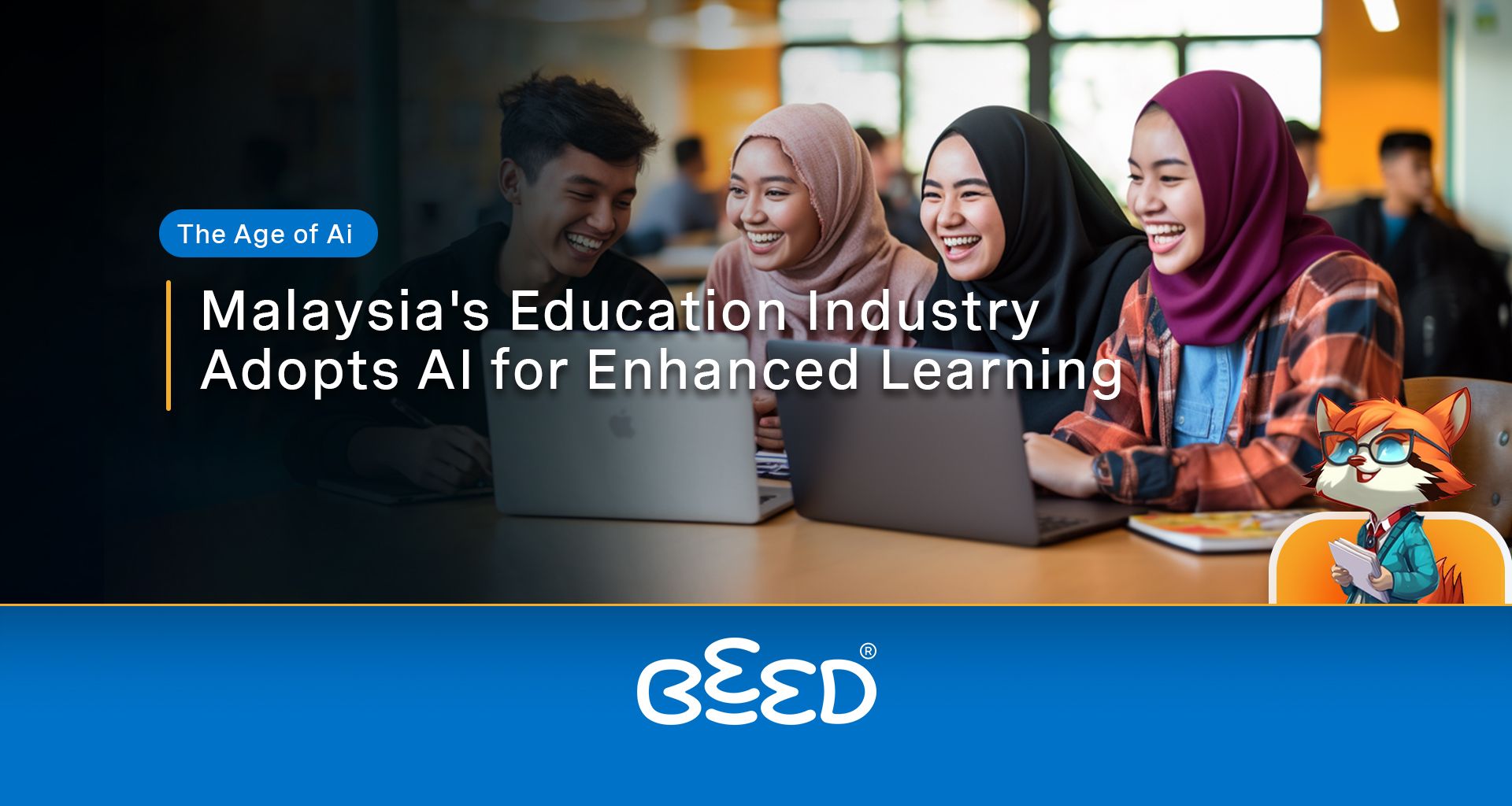Malaysia's Education Industry Adopts AI for Enhanced Learning

In recent years, artificial intelligence (AI) has emerged as a transformative force across industries, including education. Malaysia's education sector is embracing this technological revolution, recognizing the potential of AI to enhance learning experiences, personalize instruction, and equip students with essential skills for the future.
AI is being integrated into various aspects of Malaysian education, from curriculum development and assessment to personalized learning platforms and adaptive learning systems. These AI-powered tools are enabling educators to provide more effective and individualized instruction, catering to the diverse needs and learning styles of students.
One notable example is the adoption of intelligent tutoring systems (ITS), which provide students with personalized feedback and support based on their individual progress and understanding. ITS can adapt to each student's unique learning pace and provide targeted instruction, helping them overcome challenges and accelerate their learning journey.
AI is also transforming the assessment process, making it more efficient and accurate.
AI-powered assessment tools can analyse student performance data, identify areas of strength and weakness, and provide insights to educators for better teaching strategies.
The integration of AI into Malaysian education aligns with the goals of the BeED initiative, which aims to transform the country's TVET landscape and prepare students for the demands of the digital economy. BeED emphasises the development of digital skills, including AI literacy and proficiency, which are crucial for success in the increasingly AI-driven world.
Under the BeED initiative, TVET institutions are incorporating AI into their curricula, providing students with hands-on experience in AI applications and preparing them for AI-related jobs. This includes courses on AI programming, data analytics, and machine learning.
In addition to curriculum development, BeED is promoting the use of AI tools and resources within TVET institutions, enabling educators to enhance their teaching methods and provide students with a more engaging and interactive learning experience.
The integration of AI into Malaysian education is not without its challenges. Concerns about data privacy, ethical considerations, and the potential for AI to exacerbate existing educational inequalities need to be carefully addressed.
However, the potential benefits of AI in education are undeniable. By embracing AI responsibly and strategically, Malaysia's education sector can empower students with the skills and knowledge they need to thrive in the AI-driven future, contributing to the country's economic growth and competitiveness.